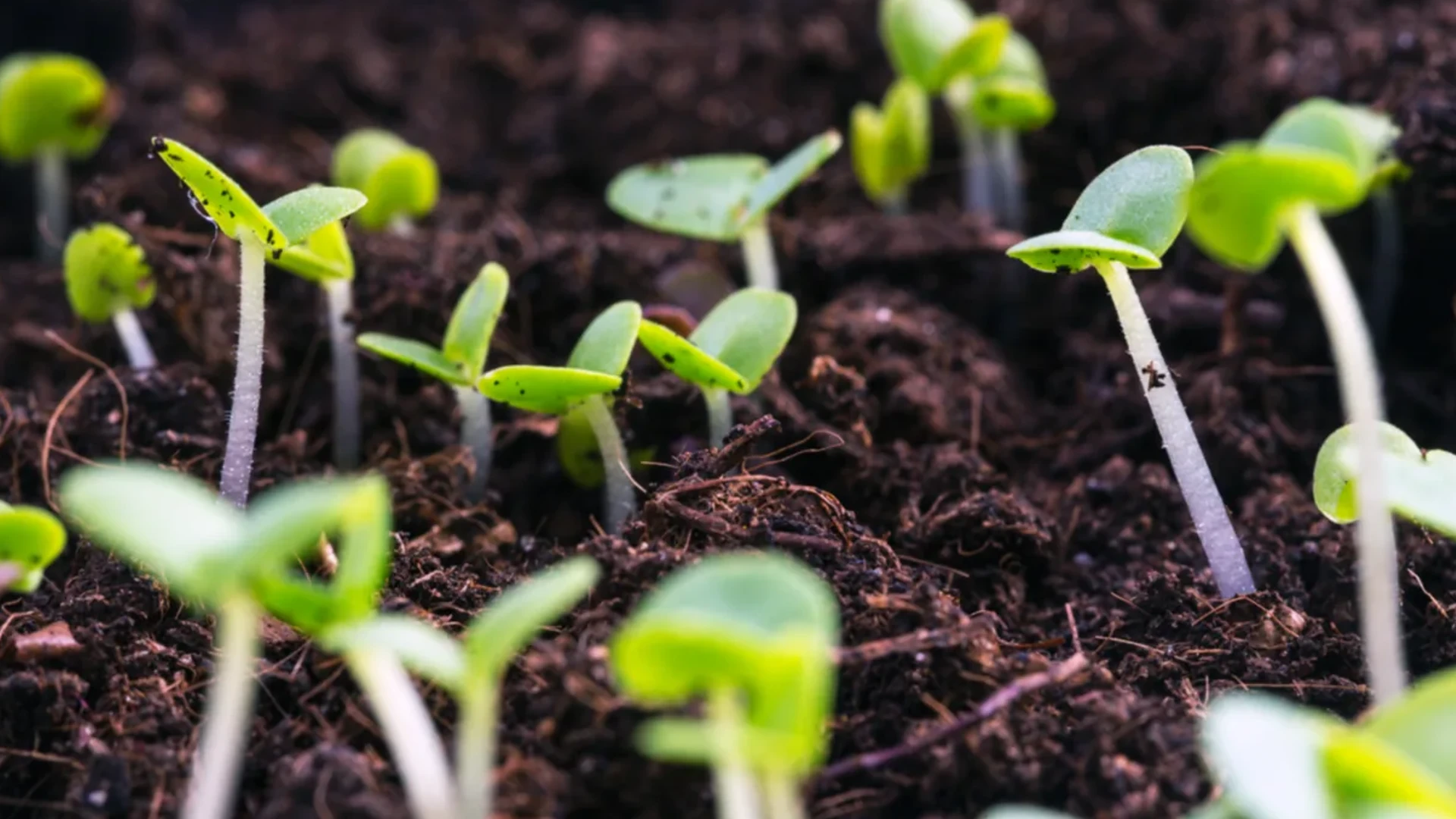Armed with an innovative technique to track soil microbes, researchers at Cornell University have unearthed the way in which they process carbon within the soil, and how it contributes to the global carbon cycle.
Bacteria in soil play a crucial role in the health of our biosphere by converting plant biomass into organic matter, which makes the soil fertile and rich in carbon. They regulate the global carbon cycle by determining how much carbon ends up in the atmosphere or stored in the soil. Each year, soil bacteria is estimated to process nearly six times more carbon than all human-generated emissions combined.
However, soil bacteria are extremely difficult to study, making it nearly impossible to quantify their impact. Learning more about the way they process carbon in soil is crucial in making better climate predictions and developing more accurate climate models.
In a paper published in the journal Proceedings of the National Academy of Sciences, the researchers have revealed the various strategies soil microbes use while processing carbon from plants, impacting whether the organic matter is formed or lost.
“We want to utilize this information to study the organisms themselves to get a deeper understanding of what they are carrying out and why they are doing it,” Daniel Buckley, co-author of the paper and a professor at Cornell University’s College of Agriculture and Life Sciences, said in a press release.
Researchers say that one of the biggest flaws in most climate models has been the uncertainty regarding how soil microbes operate and impact the global carbon cycle. As a result, it has been difficult to develop models that can accurately predict climate change.
“By understanding what the microbes are doing, we expect to make better predictions about what’s likely to appear in the carbon cycle in the future and then make more careful choices about how to manage our soil,” he added.
